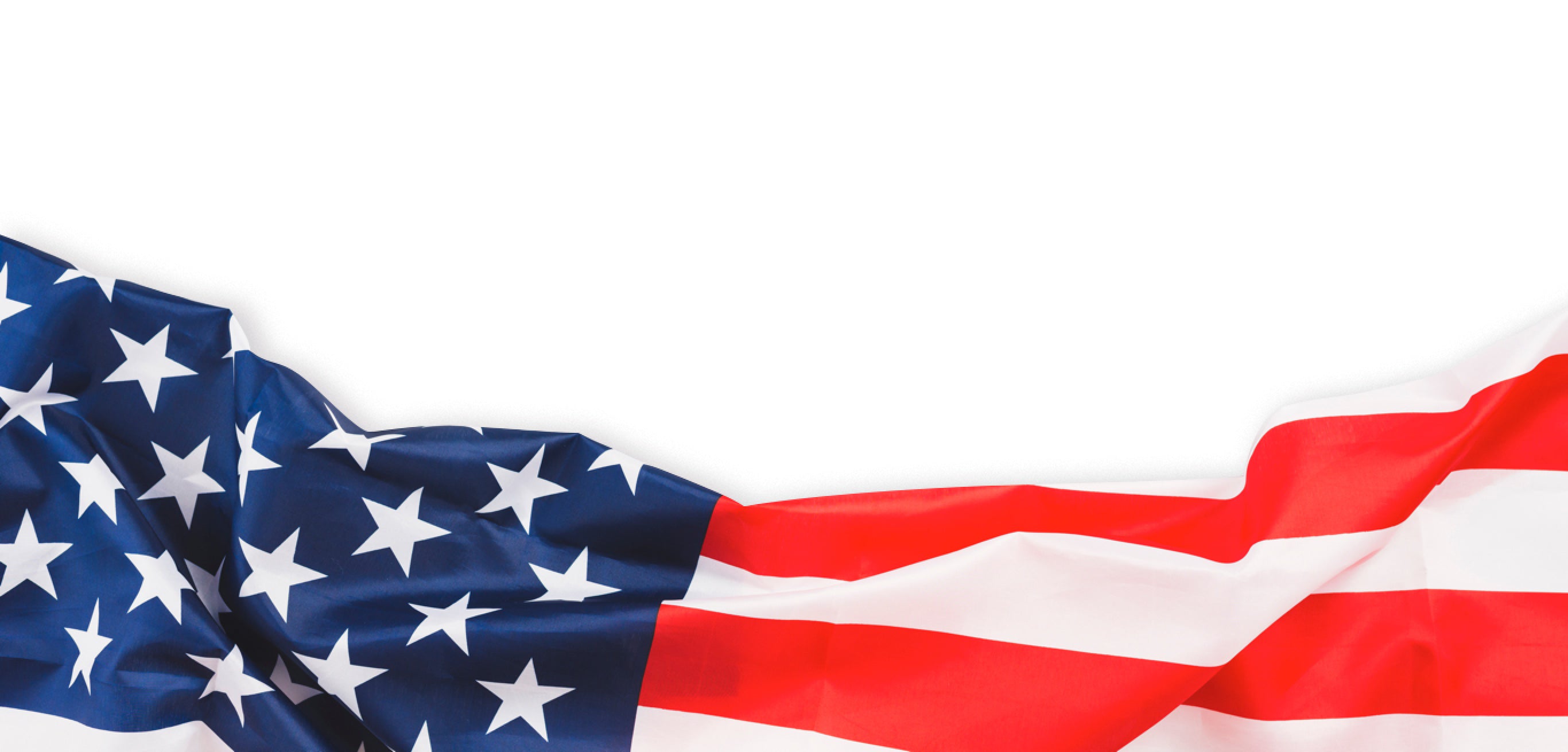
Brokered vs. Contested Conventions
Justin Humphries,
Every four years, in order to choose a nominee for the presidential election, both Democratic and Republican parties host national conventions. These conventions are a way to formally appoint a presidential nominee who will go on to campaign with the full support of the party behind them.
But choosing a singular representative isn’t always easy! Not everyone within the party will agree on a candidate, and many representatives will have allegiances to particular candidates jockeying for the nomination. While modern conventions have all managed to come to a consensus, historically, it hasn’t been so cut-and-dry. There have been instances of both brokered and contested conventions.
Here's a quick look at what brokered and contested conventions are, how they work and why they’re historically significant.
What is a Brokered Convention?
When the issue of a brokered convention arises, the presidential nominee process takes a different turn.
If one candidate hasn't earned the majority of delegate votes prior to the convention, more than one ballot will be needed to choose a nominee. Rounds of voting on the convention floor will follow, and will only end once there is a clear winner. This can take two or three rounds of voting, and requires concessions and compromise within the party to ensure a final candidate is chosen.
When a brokered convention occurs, a patriotic scene emerges. It involves delegates voting for the individual who they believe will be the best bet for our country—not because they were instructed to do so. They’re no longer restricted to voting for who they came to vote for at the beginning of the convention. They have the free will to consider the qualities of the candidates and vote for the one who will be the ideal presidential nominee. The ballot process is carefully thought out and executed to ensure that the party's candidate is chosen fairly.
Although brokered conventions don't come into play too often, these are prime examples of patriotism and how patriotism can play a part in the presidential nominee selection process.
What is a Contested Convention?
A contested convention occurs when the outcome of a presidential nominee convention is unknown prior to going into the event. This happens when one specific individual hasn’t earned the majority of the delegates. Basically, there’s no unanimous frontrunner in the group.
Like a brokered convention, it attempts to elect a candidate over multiple ballots—however, delegates often actively campaign during the process to secure more votes for their candidate, in an attempt to steal them away from an emerging frontrunner. Delegates present on the convention floor will take part in rounds of voting.
Delegates bound by a specific candidate must vote for that candidate. If no one wins the majority of the votes, there is a second ballot that takes place. During the second ballot, a certain portion of delegates will become unbound and can vote for their choice, regardless of the candidate they were previously required to vote for at the event. If no majority results, more delegates will become unbound and so on until a winner results.
A Historical Look at Brokered and Contested Conventions
Brokered and contested conventions have taken place at various times in the past; however, they don't happen too often. Most election periods will see one particular individual taking the lead for the nomination prior to the convention.
From 1868 to 1984, there were 60 Republican and Democratic nominating conventions. During that time period, 18 of the candidates were nominated as a result of multiple ballots. Perhaps the best example of both brokered and contested conventions happened in 1952, which saw a series of votes play out for both parties, resulting in whirlwind nominations: Illinois Governor Adlai E. Stevenson for the Democrats and General Dwight D. Eisenhower for the Republicans. As history tells us, General Eisenhower went on to win his bid for President.
While they certainly make for an interesting convention, both parties actively try to avoid brokered or contested conventions. The reason? A clear and present frontrunner makes it easier to throw the weight of the party behind that candidate. While voting in rounds to select the best candidate at the convention is a clear show of due process and the freedom of the American system of government, it can also weaken the position of a strong candidate who might lose votes to someone else in the moment.
The Future is Never Certain
There was almost a contested election in 2020 as Democrats struggled to find a frontrunner candidate between now-President Joe Biden and progressive favorite Bernie Sanders. It’s a sign that nothing is certain headed into a national convention—and that we likely haven’t seen the last brokered or contested convention in history. If and when the next one arises, pay attention: it’s a powerful example of the American system of free government at work. It’s a patriotic sign that we’re still a government of the people, by the people and for the people.
Visit The Flag Shirt and explore our large selection of patriotic clothing. From American flag polo shirts and button down shirts to patriotic neckties and other accessories, you’ll find any type of American-themed clothing and accessories you’re looking for! Come browse styles for men, women and kids, and show your patriotic spirit in the most stylish way possible.













